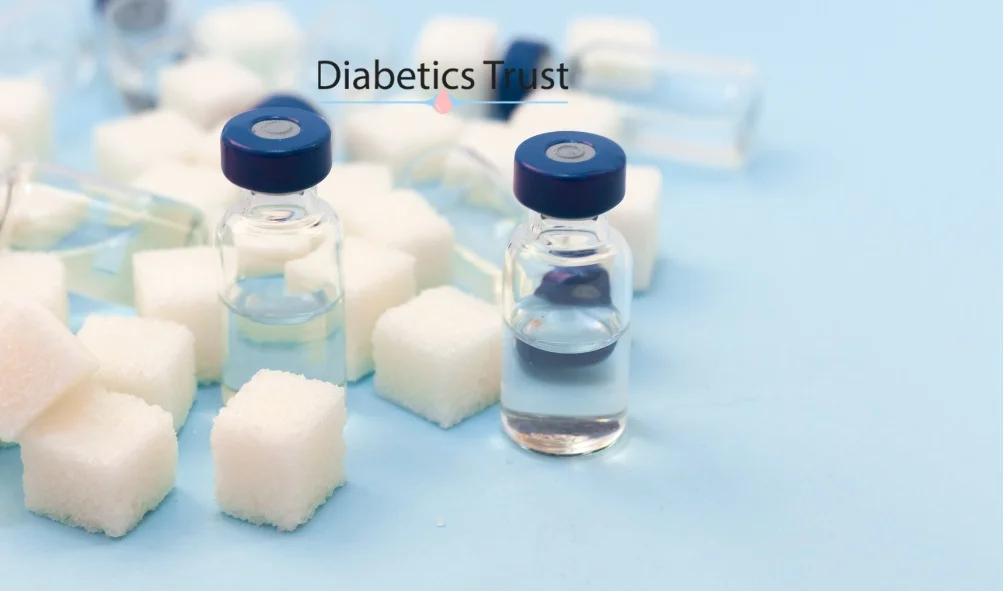Welcome to this informative article on the topic of whether insulin is a protein or not. Insulin is a hormone that plays an essential role in regulating blood sugar levels in the human body. This hormone is produced by the pancreas and is secreted into the bloodstream, where it travels to various organs and tissues to stimulate the uptake of glucose from the blood.
So, is insulin a protein? The answer is yes, insulin is a protein. In fact, insulin is a peptide hormone comprising two polypeptide chains, A and B, that are connected by disulfide bonds. The A chain contains 21 amino acids, while the B chain contains 30 amino acids. These amino acids are arranged in a specific sequence that determines the structure and function of insulin.
Now, let’s answer some common questions people have about insulin:
What is the function of insulin?
Insulin is responsible for regulating glucose metabolism in the body. It helps the body to convert glucose into energy, which is used by various organs and tissues.
What happens if insulin is not produced in sufficient quantities?
Insufficient insulin production can lead to a condition called diabetes, where the body is unable to regulate blood sugar levels effectively. This can lead to a range of health problems, including nerve damage, kidney damage, and cardiovascular disease.
How is insulin administered to patients with diabetes?
Insulin can be administered through injections or an insulin pump. There are several types of insulin available, including rapid-acting, short-acting, intermediate-acting, and long-acting insulin.
Is insulin safe for use?
Insulin is generally safe when used as directed. However, like any medication, insulin can have side effects. Common side effects include low blood sugar, weight gain, and skin reactions at the injection site.

Now that we’ve answered some common questions about insulin let’s talk about the importance of protein in the body. Proteins are large, complex molecules that are essential for the proper functioning of the body. They are involved in a range of processes, including enzyme catalysis, immune response, and cell signaling. Protein also plays a crucial role in the growth and repair of tissues in the body.
When it comes to insulin, protein is particularly important. Insulin is a protein hormone, which means that it is made up of amino acids. Amino acids are the building blocks of proteins, and they play a crucial role in determining the structure and function of proteins.
So, what are the best proteins for insulin production? Some of the best protein sources include lean meats, poultry, fish, beans, nuts, and seeds. These foods are rich in essential amino acids, which can help to support insulin production and function in the body.
In conclusion, insulin is a protein hormone that plays a crucial role in regulating blood sugar levels in the body. It is essential for people with diabetes, and it is generally safe when used as directed. Protein is also important for insulin production and function, and some of the best protein sources include lean meats, poultry, fish, beans, nuts, and seeds.
Note: If you have extra insulin supplies you can sell your insulin supplies to Diabetics Trust





